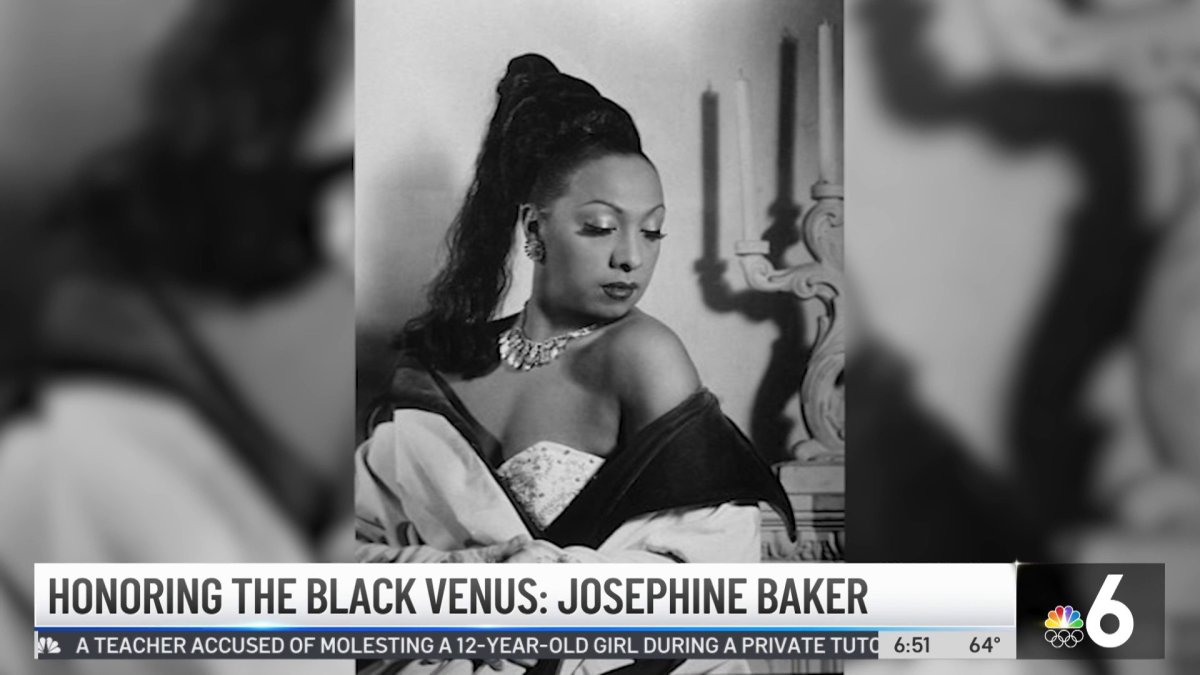
NBC 6 anchor Constance Jones has more on how the legendary singer will be honored for her work in helping fight racism in South Florida.
Well before the Civil Rights movement officially began, there was Josephine Baker.
The international singer and activist refused to perform to a segregated crowd in Miami Beach in the 1950s. Her stardom was so big, the venue was forced follow her wishes.
Later in November, the American-born singer will be honored at the Pantheon Monument in Paris. To celebrate this big honor, the French community in South Florida is celebrating her legacy with a variety of free events during the entire month of November.
During the "Roaring Twenties," she became one of Europe’s most popular and highest paid performers. Baker wowed crowds with her iconic singing and dancing, earning the nickname “Black Venus.”
Get South Florida local news, weather forecasts and entertainment stories to your inbox. Sign up for NBC South Florida newsletters.
She was born into poverty in Missouri and eventually ending up in Paris. According to Associate Provost at Florida Memorial University Dr. Tameka Hobbs, it was a common trend for many Black performers and artist during that time.
“Josephine Baker was one of a number of American expats who left this country because of the severe racism," Hobbs said. "They felt it limited their existence.”
Baker became a French resident, but would frequently return to the United States.
Local
In 1951, the Copa City Club in Miami Beach invited her to perform. She refused to sign contracts with venues that were segregated. She was able to convince the venue to open the club for all.
“When we think of her legacy in Miami Beach and her refusal to preform for a segregated audience; it was because of her talent because of her stardom," Hobbs added. "She was able to use that platform and advocate for social change. It’s important for us to use this opportunity to uplift her legacy.”
During her time in France, she helped the French Resistance during World War II.
She was also a pilot for the French Forces. Later this month, she will be honored for her efforts when she’s interred in the Panthéon in Paris, the first black woman to receive one of the highest honors in France.
Miami’s General Consul of France, Laurent Gallissot, is spearheading local celebrations for Baker. He’s hosting several free community events honoring her legacy.
”She really made the breakthrough of all the people together and that was something to celebrate," he said. "Josephine Baker doesn’t just belong to the French people she belongs to everyone-and her achievement is so amazing.”
There are several events to celebrate Joséphine Baker. Click here for the series of events curated by the Consulate General of France